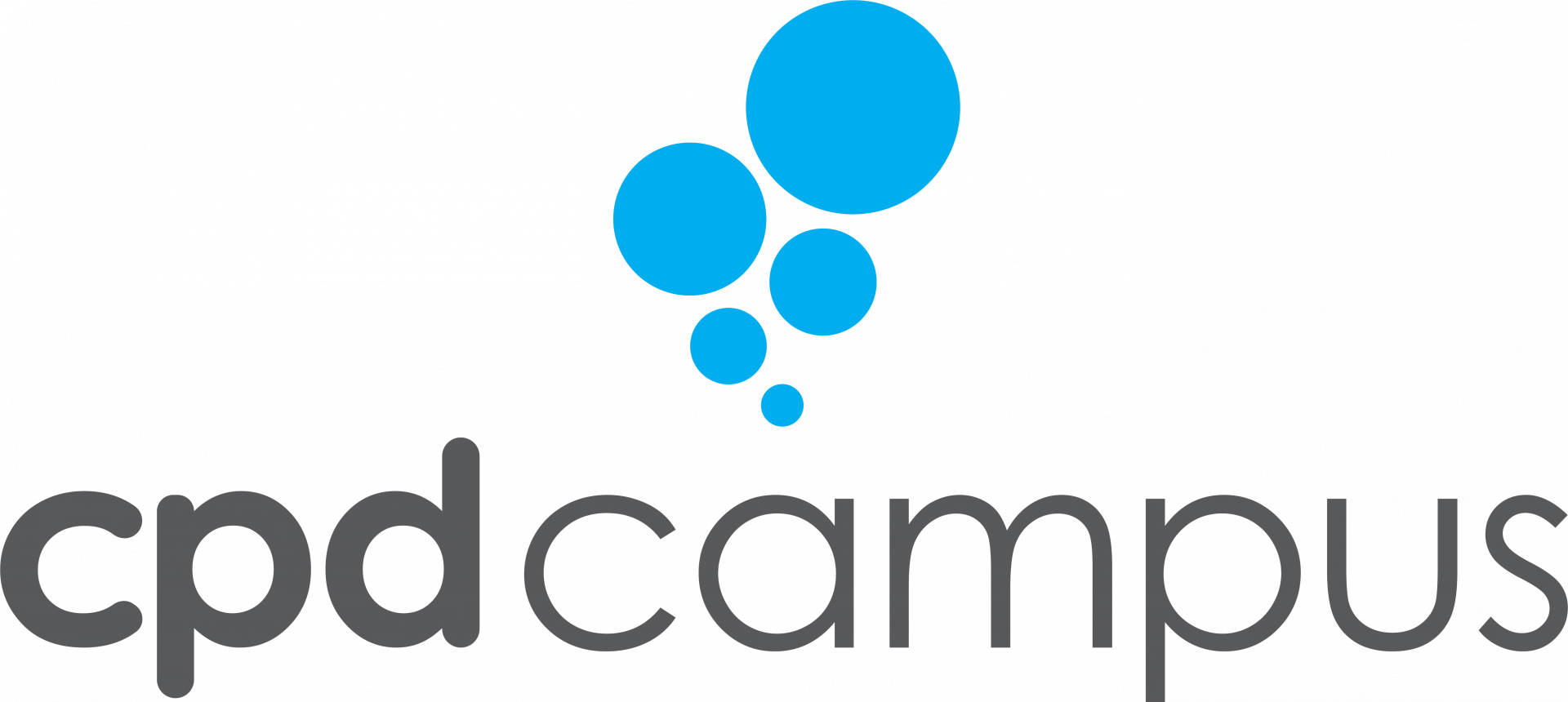Most people agree: Giving and receiving recognition at work is important. But Adrian Gostick and Chester Elton, authors of Leading with Gratitude, found that there's often a perception gap around recognition in workplaces, with "67% of managers thinking they are above average in offering praise and recognition to their employees, but only 23% of their workers agree."
Why the disconnect? As leaders, we all too often mean well, but end up
This becomes a challenge to our leadership because most employees rate individual recognition from their manager as the number one motivator for staying with (or leaving) a company.
In this blog post, we explain what recognition is, why it is important and share some tips for giving recognition.
What is recognition?
Recognition is the acknowledgement (formal or informal) of a person’s achievement – acknowledging that they have reached specific goals, produced high quality results or displayed specific behaviours that are worthy of recognition.
Why is recognition important?
Employee recognition has been (and continues to be) the topic of many studies. Here are some of the benefits of giving recognition in the workplace, that are supported by research:
How do I give recognition in such a way that it has a positive impact?
Remember these words by Dale Carnegie: “People work for money, but go the extra mile for recognition, praise and rewards.”
Why the disconnect? As leaders, we all too often mean well, but end up
- not prioritising recognition
- not making time amidst our busy schedules to give recognition
- lacking self-awareness about how little recognition we give, or
- simply end up not knowing how to give specific and meaningful recognition.
This becomes a challenge to our leadership because most employees rate individual recognition from their manager as the number one motivator for staying with (or leaving) a company.
In this blog post, we explain what recognition is, why it is important and share some tips for giving recognition.
What is recognition?
Recognition is the acknowledgement (formal or informal) of a person’s achievement – acknowledging that they have reached specific goals, produced high quality results or displayed specific behaviours that are worthy of recognition.
Why is recognition important?
Employee recognition has been (and continues to be) the topic of many studies. Here are some of the benefits of giving recognition in the workplace, that are supported by research:
- Knowing that we matter, is a fundamental human need. Employees respond to appreciation expressed as recognition of their good work, because it confirms that their work is valued.
- Recognition is the most important factor in employee engagement. Employee engagement, in turn, is found to be the key driver of organisational performance improvement.
- Recognition includes giving credit where credit is due. This builds trust and a strong collaborative team- and/or organisational culture.
- Recognition reinforces desired behaviour, performance and outcomes. Recognition motivates employees to maintain, or even improve, on that which they have been recognised for.
How do I give recognition in such a way that it has a positive impact?
- Recognition must be authentic and true for it to have a positive impact. If it is false, it will have no impact, or have even been found to have a negative impact.
- Recognition must be specific for it to lead to reinforcement. Recognition in general terms such as “Well done!”, “Good job!” or “You go, girl!” have little and short-lived impact. It needs to be specific in terms of what is recognised and why it is recognised (the impact).
- Recognition should be expressed in a timely manner – ideally, as close to the event as possible.
- Respect individual preferences when expressing appreciation or giving recognition. Some people like to be recognised in public. For others, the spotlight makes them uncomfortable and they would prefer for the conversation to happen in private. If you are unsure, or do not know the employee well, consider giving the recognition in private and asking, “Would it be in order with you if I share this with the team?”.
Remember these words by Dale Carnegie: “People work for money, but go the extra mile for recognition, praise and rewards.”


